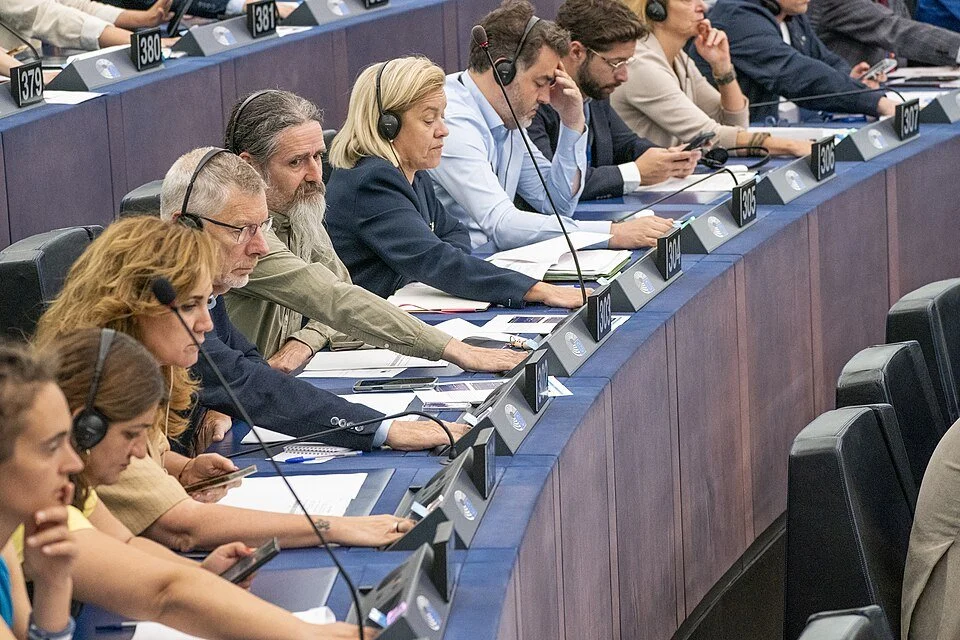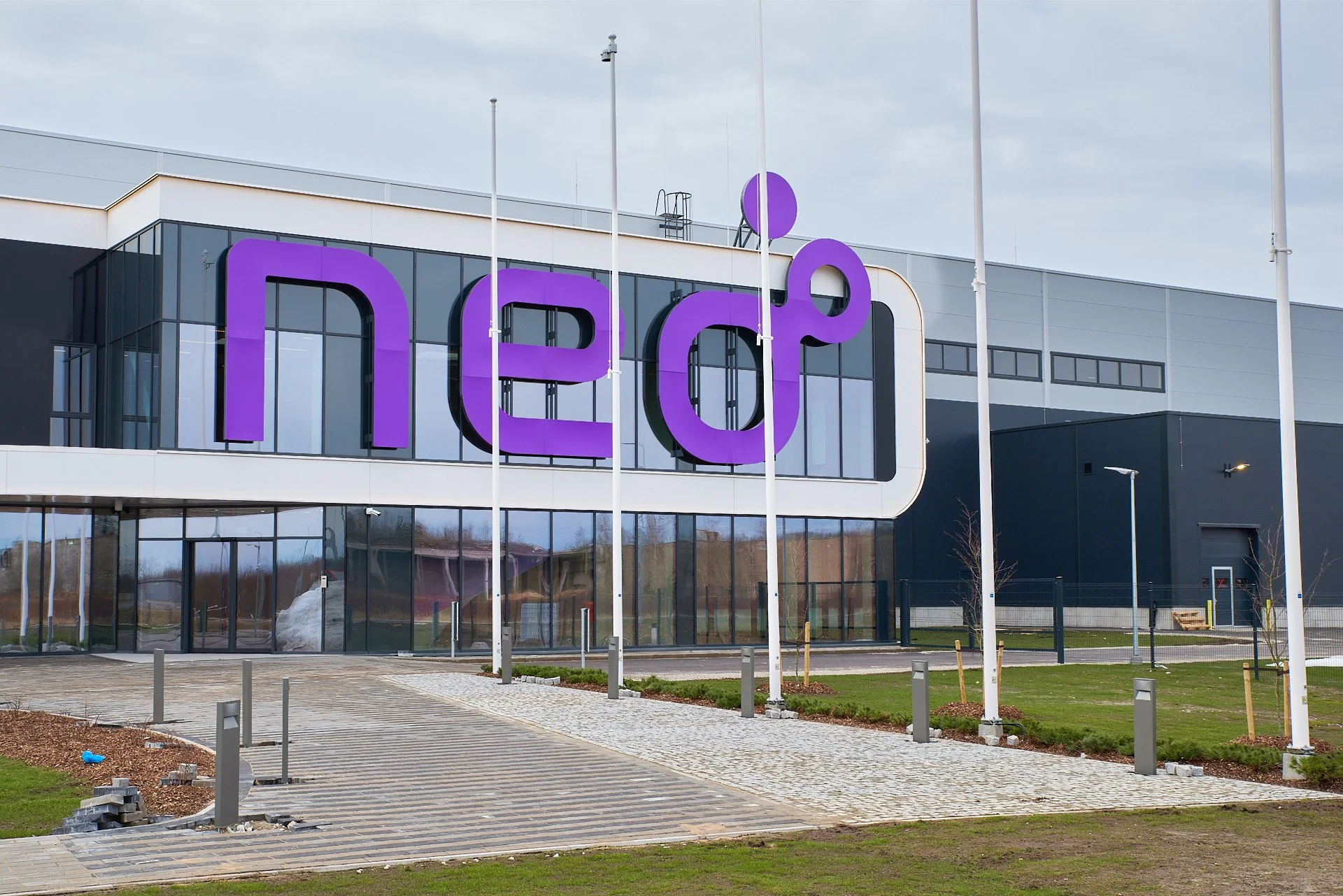Global Shifts in Employment, Tech & the Future of Work
The UK has launched a national plan for 400,000 new clean energy jobs by 2030, aligning with global efforts by the US and EU to train workers and boost pay in the green economy.
The European Commission launches a €22.5 million call to recruit top researchers from around the world for long-term postdoctoral positions in Europe.
MORE NEWS
The UK government is putting £725m into rebuilding the youth apprenticeship pipeline, covering SME training costs and shifting control to regional leaders to tackle a decade of declining starts.
New Stardom’s report breaks down the latest data on employment, vacancies, and wages, with full details by country and sector.
MIT researchers estimate that current AI systems can already handle tasks equal to 12 percent of U.S. work hours, with automation advancing mainly in clerical and data-heavy functions while most jobs remain only partly exposed.
ABN AMRO will cut 5,200 jobs by 2028 under a plan that reduces costs and simplifies its operations.
Employers added 119,000 jobs in September, but the unemployment rate still climbed to 4.4 percent. The report shows narrow job growth, rising labor-force participation and a structural mismatch between open roles and the workers seeking them.
Defence engineering, skilled trades, semiconductors, cybersecurity, healthcare, and social care are among the professions expanding in 2025, even as AI leads to layoffs in other sectors.
Tech stocks declined today following renewed warnings over an “AI bubble.” Recent layoff announcements from Amazon, UPS, and Target have prompted discussion about how AI, automation, and economic pressures are shaping corporate decisions.
Microsoft, Novo Nordisk, and Recruit Holdings were among major employers cutting thousands of jobs between July and September 2025. Technology, energy, pharma, and aviation all saw significant layoffs as companies tightened operations and refocused on automation.
Amazon confirmed about 14,000 corporate job cuts to streamline operations and focus investment on AI, with reports indicating the restructuring could go further.
The UK has launched a national plan for 400,000 new clean energy jobs by 2030, aligning with global efforts by the US and EU to train workers and boost pay in the green economy.
Nestlé plans to remove 16,000 jobs worldwide, including corporate and R&D positions, and expand its cost-saving target to CHF 3 billion by 2027.
Meta is reviving Facebook job listings through Marketplace, starting in the U.S. The new tool targets local and entry-level work, with stricter policies on fairness and data use.
Falling production and job cuts in Germany’s auto sector raise questions about the future of industry and policy in Europe.
The European Commission launches a €22.5 million call to recruit top researchers from around the world for long-term postdoctoral positions in Europe.
The U.S. government shutdown has entered its second day, with many federal employees furloughed and others continuing to work without pay as the administration signals possible layoffs.
A draft EU law would require employers to inform workers about algorithmic management systems, ban certain data uses, and ensure human review of major job decisions. The proposal marks a new approach to regulating workplace technology across Europe.
The UK has confirmed plans for a mandatory digital ID system, reviving a long-running debate. The scheme will link identity checks to employment rights and is set for rollout by 2029.
Europe’s largest rare-earth magnet factory has opened in Narva, Estonia, with EU support. The plant is expected to create up to 1,000 jobs and help transition the local workforce toward green technology manufacturing.

Digital ID to Become Mandatory for Work in the UK
The UK has confirmed plans for a mandatory digital ID system, reviving a long-running debate. The scheme will link identity checks to employment rights and is set for rollout by 2029.



















